Weather Forecasting: Will It Rain Today? No One Really Knows
The English say so much depends on the weather, from battles in war to aid work. But our predictions are seldom perfect.
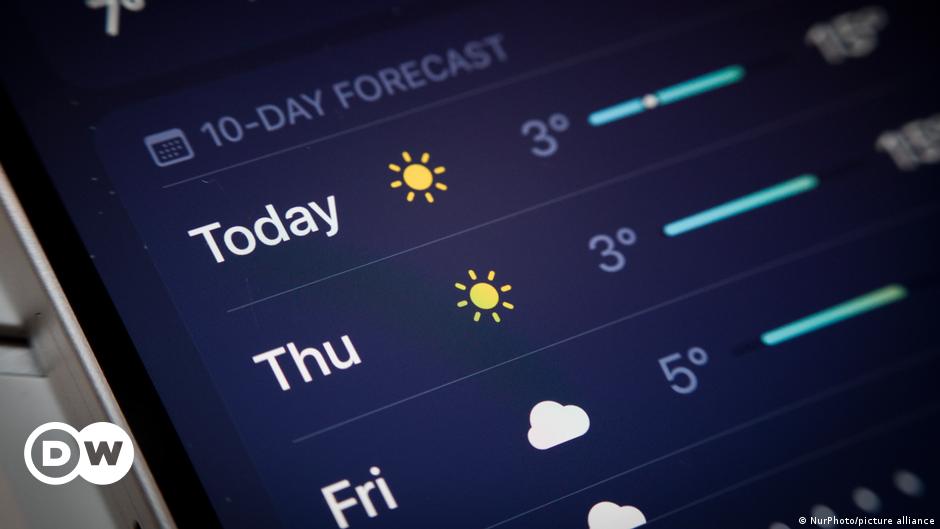
Send us a link
The English say so much depends on the weather, from battles in war to aid work. But our predictions are seldom perfect.

For decades, 1960s research for the American Petroleum Institute warning of the risks of burning fossil fuels had been forgotten. But two papers discovered in libraries are now playing a key role in lawsuits aimed at holding oil companies accountable for climate change.
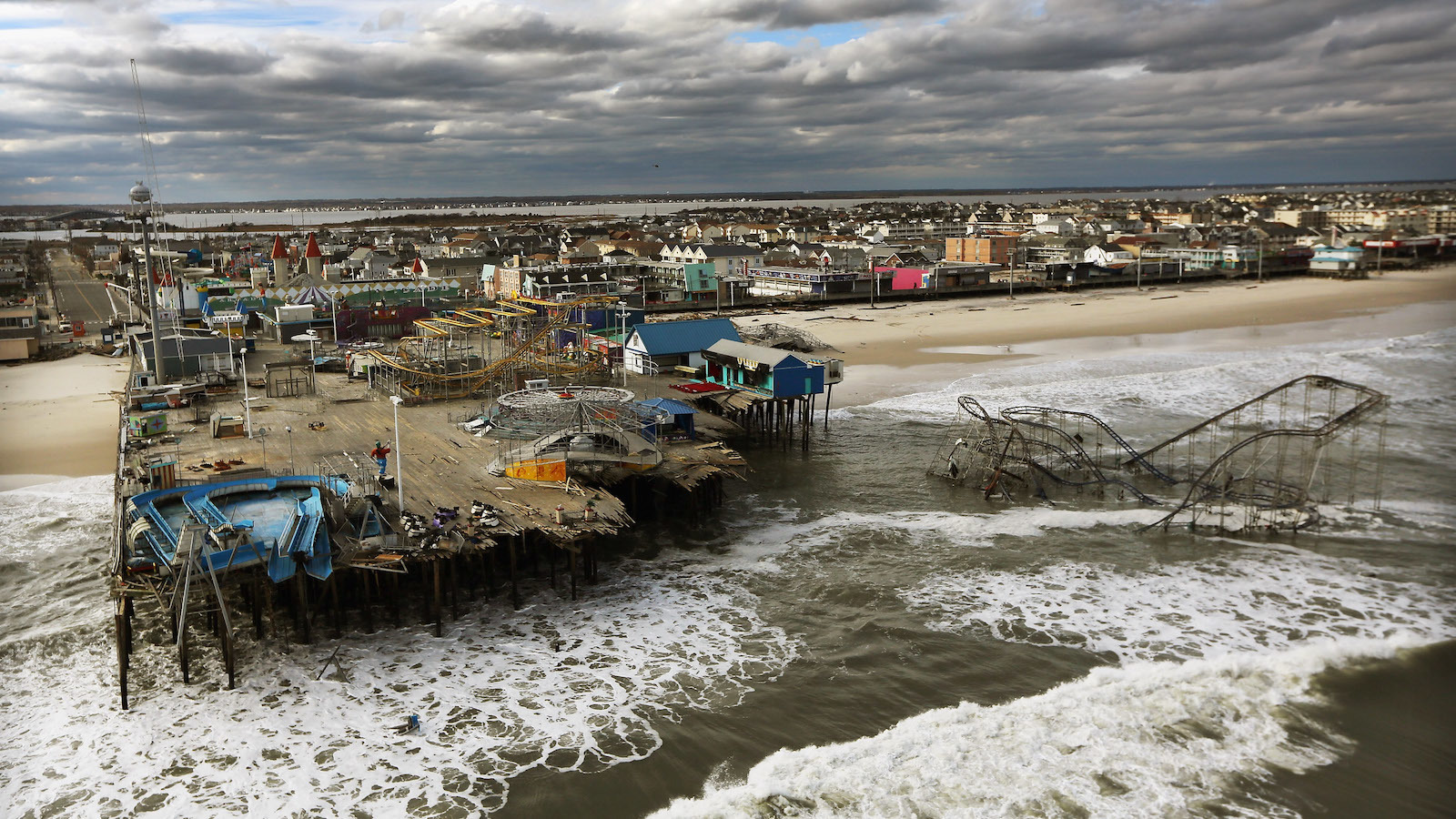
Thanks to the advent of exascale computing, local climate forecasts may soon be a reality. And they're not just for scientists anymore.

Estimates of impending risk ignore a big player in regional change and climate extremes.
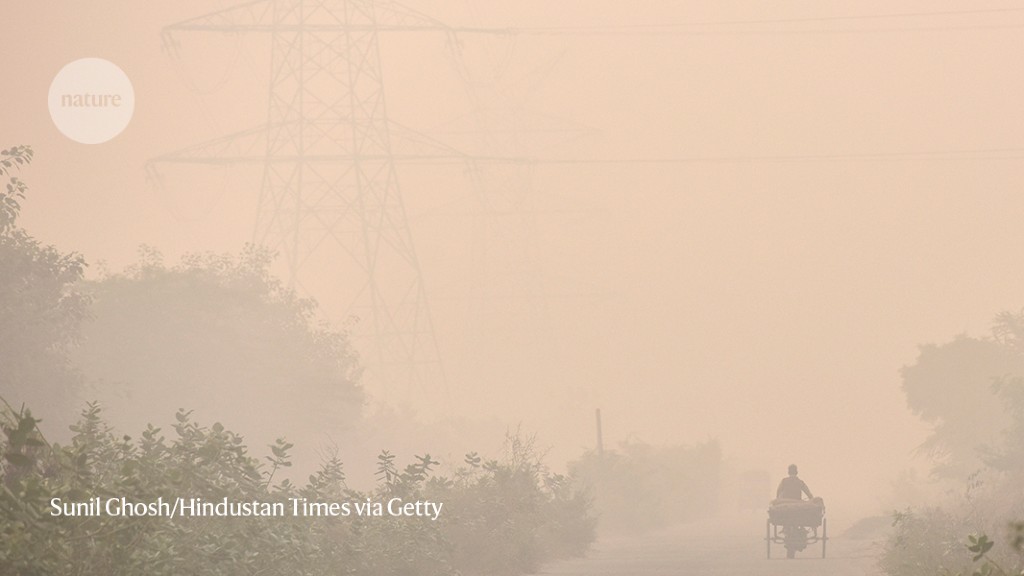
Applying behavioural science can support system-level change for climate protection. Behavioural scientists should provide reliable large-scale data and governments should secure infrastructure for data collection and the implementation of evidence.
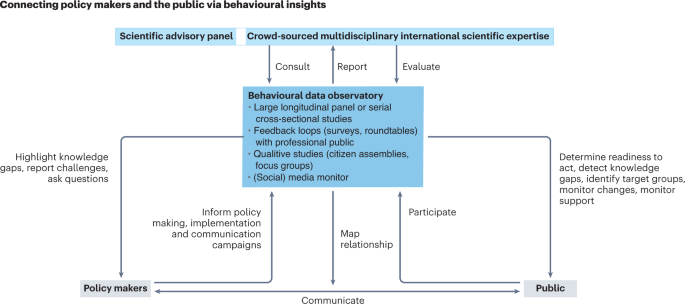
Interventions designed to improve agricultural practices often lack a solid evidence base. A new initiative could change that.
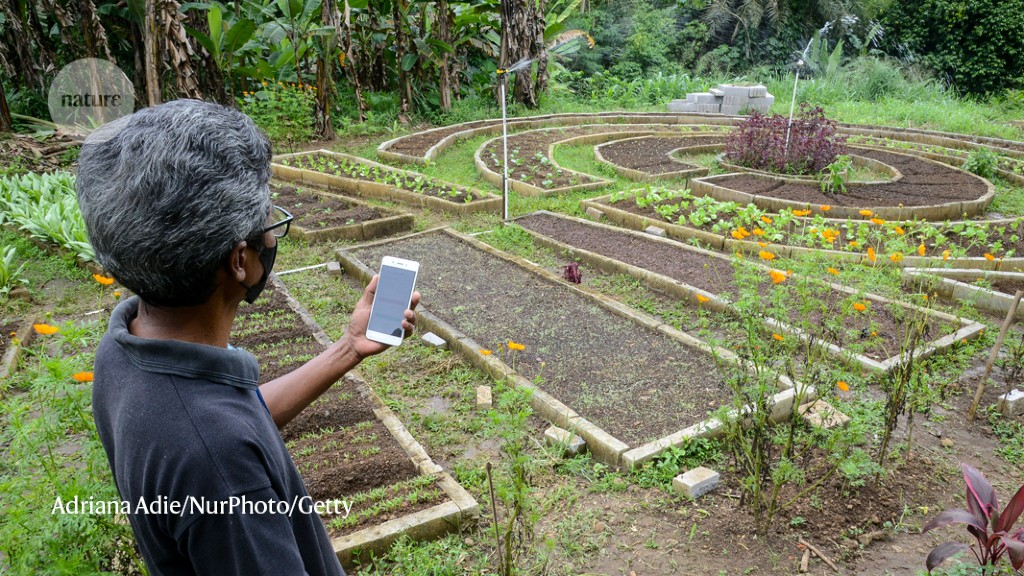
It’s on course to guzzle half the world’s carbon budget, so why are governments so afraid to discuss it?
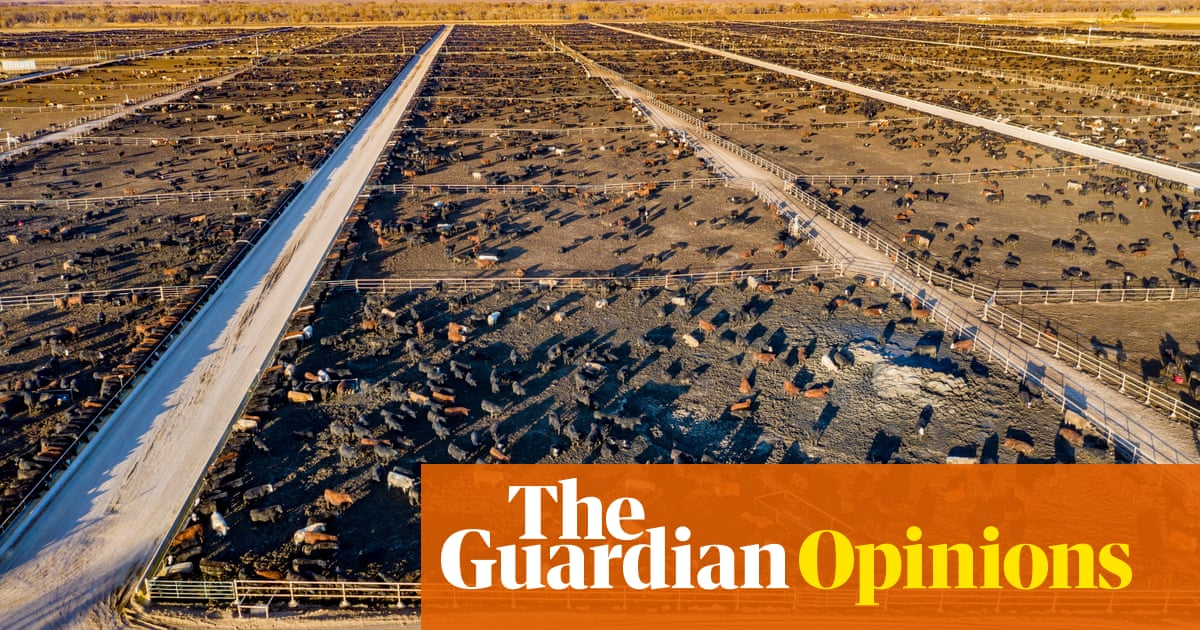
Taking carbon out of the atmosphere will become increasingly important.

The planet, as authoritarian capitalism's plaything, is subject to real-world economic-ecological downward spirals. And yet exorbitant space exploration projects continue to build escapist dreams on extractivism. And the threat of nuclear war continues to push at the limits of tenuous environmental stability.

In this article, the Oppenheimer Generations Research and Conservation team's Dr Duncan MacFadyen and Rendani Nenguda write about the technical reports developed through the African Group of Negotiators Expert Support, which provides an armful of scientific evidence to underpin Africa's case at COP27.

António Guterres is heading to Cop27 for what is likely to be another blistering attack on complacency and foot-dragging.
Science, technology and innovation research is not focused on the most pressing problems: taking climate action, addressing complex underlying social issues, tackling hunger and promoting good health and wellbeing.
The Clinton administration's outreach to meteorologists persuaded some television weathercasters to include climate as part of their day-to-day presentations and others to follow suit over time, improving Americans' understanding of the climate crisis.

Agricultural engineering professor Ben Runkle has co-authored a report by leading ecosystem scientists and policy experts, calling for a scientific approach to nature-based climate solutions in the United States.
Climate activists say Egypt should reverse its decision because of Coca-Cola's plastic pollution.

Climate change affects us all yet not equally. The plight of those forced to migrate as a result - often called 'climate refugees', though not officially - has become contested ground between human rights/environmental activists and anti-asylum lobbyists. Could 'ecologically displaced', avoiding racialization, xenophobia and division, be a viable alternative?
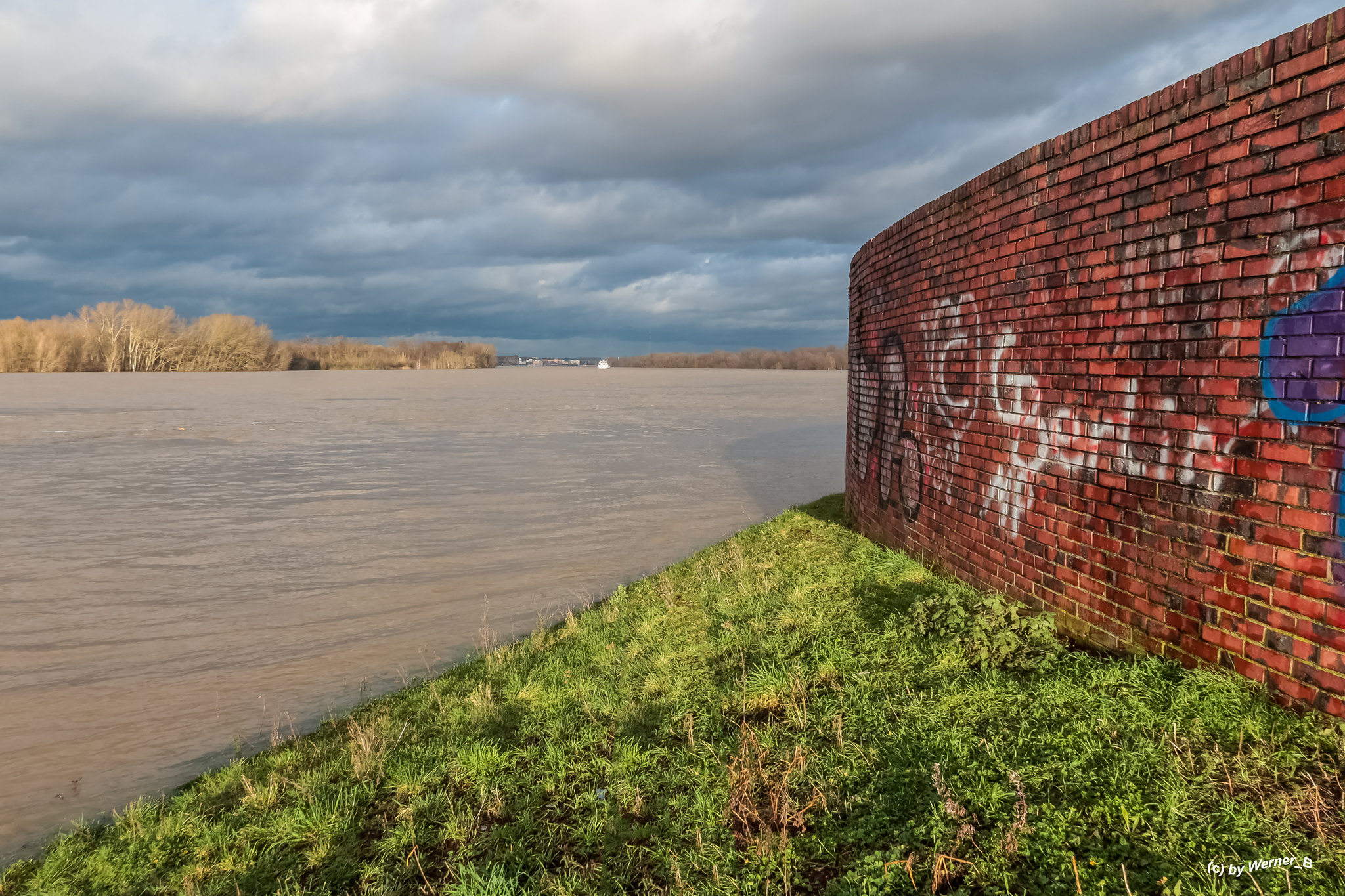
Governments and businesses failing to change fast enough, says United in Science report, as weather gets increasingly extreme
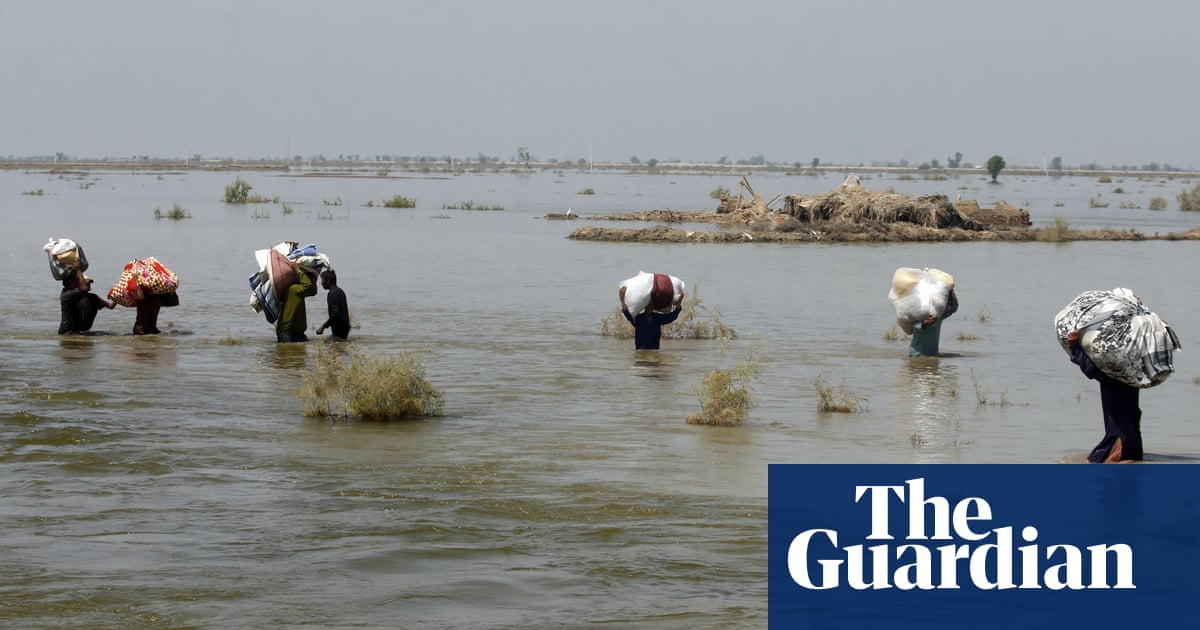
Ozone-killing materials in Earth's stratosphere fell over 50% to levels seen before the ozone hole became a problem, scientists say. But there's still a way to go. Here's why we need a healthy ozone layer.
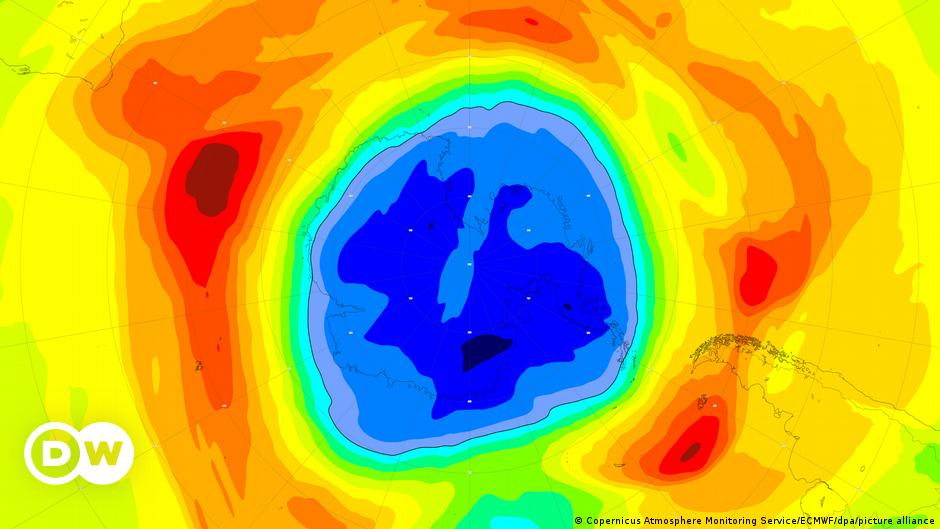
Decisions about how and when to decarbonize the global energy system are highly influenced by estimates of the likely cost. Here, we generate empirically validated probabilistic forecasts of energy technology costs and use these to estimate future energy system costs under three scenarios. Compared to continuing with a fossil fuel-based system, a rapid green energy transition is likely to result in trillions of net savings, even without accounting for climate damages or climate policy co-benefits.

THE CLIMATE COUNCIL has unveiled 10 game-changing actions Australian governments can immediately get cracking on to fast-track emissions reductions, tackle the energy and cost-of-living crises, and create tens of thousands of new jobs.

Climate tipping points are conditions beyond which changes in a part of the climate system become self-perpetuating. These changes may lead to abrupt, irreversible, and dangerous impacts with serious implications for humanity.
A new study provide scientific evidence assessing how effective governments will be at implementing their commitments to the agreement that will reduce CO2 emissions causing climate change.
Fed up with what they saw as inaction by policymakers, three climate change scientists called on their colleagues to withdraw from the Intergovernmental Panel on Climate Change reporting process.